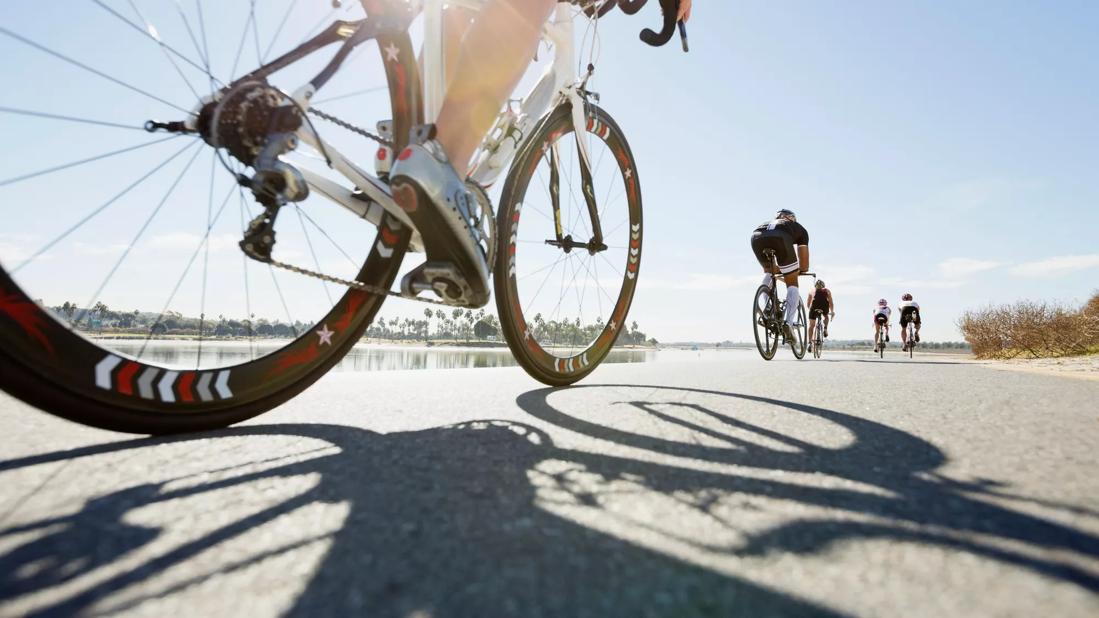See your doctor if you experience these symptoms

Image content: This image is available to view online.
View image online (https://assets.clevelandclinic.org/transform/68778a1e-5c49-4807-b6ac-000d8631b348/GettyImages-168831304_jpg)
Sudden Death During a Triathlon: Are You at Risk?
Triathlons push the body to its physical limits with swimming, biking and running events. Some groups of people are more at risk than others for sudden death — any kind of death that happens unexpectedly — while participating in these challenging events, recent research shows.
Advertisement
Cleveland Clinic is a non-profit academic medical center. Advertising on our site helps support our mission. We do not endorse non-Cleveland Clinic products or services. Policy
The study, led by researchers from the Minneapolis Heart Institute Foundation in Minnesota, found that
Researchers studied data from about 9 million triathlon participants over a 31-year period. They found a total of 135 sudden deaths, resuscitated cardiac arrests, and trauma-related deaths stemming from collisions during an event. Fifteen trauma-related deaths occurred during the bike segment.
Of the 135 deaths, 107 were sudden deaths and 13 were race-related cardiac arrests in persons who survived because of timely cardiopulmonary resuscitation and defibrillation.
The researchers say that improving safety measures at triathlon events would help to reduce the risks of triathlon competition. Some that the study says have been put in place for events sanctioned by the USA Triathlon organization include:
Advertisement
The fact that some men are at greater risk for sudden death during a triathlon points up the need to consult your doctor if you notice any heart-related symptoms while preparing for a race, says sports cardiologist Dermot Phelan, MD, PhD. Dr. Phelan did not take part in the study.
“If you are going to participate in a triathlon, it’s very important that you pay attention to your symptoms,” he says. “If you are getting chest pains, shortness of breath, palpitations or lightness in the head when you’re participating, you should see a cardiologist who has some experience in dealing with athletes.”
Proper training is important before a triathlon, Dr. Phelan says. He stresses that people, particularly older men, pay attention to heart disease risk factors like cholesterol, blood pressure and blood glucose before signing up for any type of endurance event.
Complete results of the study can be found in Annals of Internal Medicine.
Advertisement

Delivered every Tuesday!
Sign up for our Health Essentials emails for expert guidance on nutrition, fitness, sleep, skin care and more
It's a letter about the news!
Learn more about our editorial process.
Advertisement
Unexpected scares can have powerful effects on your body
Preventive steps to take plus what to do in an emergency
Sleeping disorder may increase danger of cardiac event
The flu, RSV, COVID-19, pneumonia and more typically circulate during cold weather months. I added this change
Simple swaps improve a comfort food staple.
Simple swaps improve a comfort food staple.
Type 2 diabetes isn’t inevitable with these dietary changes
Applying a hot or cold compress can help with pain
Pump up your iron intake with foods like tuna, tofu and turkey